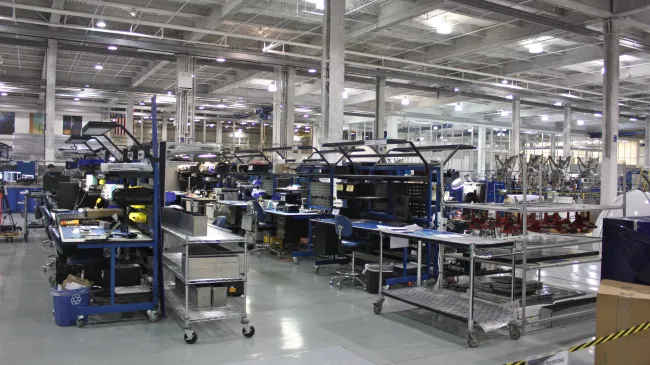Free Markets
History of Privilege, A
In what can only be termed as truly bizarre, an Alabama local of the steelworkers union demanded that Alabama Governor Fob James close the international port at Mobile to all steel imports. Besides the fact that it would be clearly a violation of the U.S. Constitution for the governor to grant the union's demands, it would illegally abrogate existing contracts between suppliers and purchasers. It would also be bad economics.
Why Politics Fail
Politics takes no account of individuals. You and I are merely a tiny speck on the vast blob called "the American people," and what this blob "thinks" is only relevant insofar as it accords with a political agenda advantageous to the State and its friends.
War on Booze
The coalition of government bureaucrats, politicians, trial lawyers, and "political activists" who have orchestrated the demonization of "Big Tobacco" are about to wage a similar smear campaign against what the pressure group Common Cause has labeled "Big Booze." The beer, wine, and liquor industries will be demonized; dramatically higher taxes will be called for; and unconstitutional bans and restrictions on commercial advertising will be vigorously lobbied for. This was the political modus operandi of the anti-smoking movement, and it will now be carried over to other industries.
Liberty and Labor
In the midst of an economic boom, strange things were happening at General Motors. Huge swatches of its highly paid, coddled, unionized labor force were on strike. The result was catastrophic: GM plants all over North America shut down.
Hot Air
When Carol Browner, head of the Environmental Protection Agency, proposed new air quality standards last year, she claimed that thousands of Americans are being killed every year by tiny particles in the air with diameters of less than 2.5 microns. The EPA currently regulates airborne pollutants 10 microns in diameter, so Browner asked to have the agency's powers expanded. Charcoal grills, lawnmowers, and other gasoline-powered equipment could be outlawed when they produce too much pollution.
Government and the Genome
Can government do a better job than private markets in any area of the economy? Consider: The tax-funded Human Genome Project, sponsored by the National Institutes of Health, has been the toast of the scientific elite for nearly a decade. It held out the promise of mapping of the entire structure of DNA, which in turn would lead to unparalleled medical breakthroughs and a new era for biotechnology.
Interventionism: An Economic Analysis, by Ludwig von Mises
Interventionism, though written nearly sixty years ago and published now for the first time, expertly dispatches a scheme popular with a few contemporary conservatives.Interventionism, though written nearly sixty years ago and published now for the first time, expertly dispatches a scheme popular with a few contemporary conservatives.





